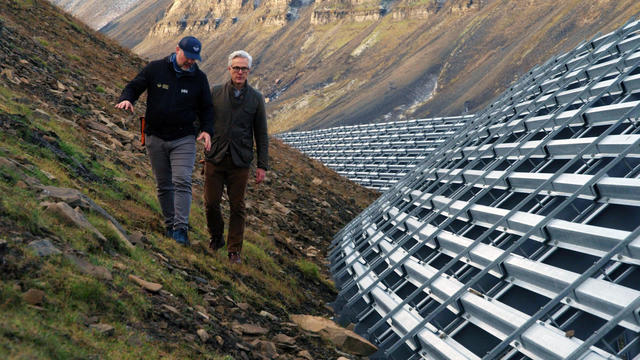
Climate solutions from the Arctic, the fastest-warming place on Earth
Climate change is an urgent problem in the Arctic. From renewable energy to avalanche protection, here's what we can learn from how people there are protecting their way of life.
Watch CBS News

Climate change is an urgent problem in the Arctic. From renewable energy to avalanche protection, here's what we can learn from how people there are protecting their way of life.
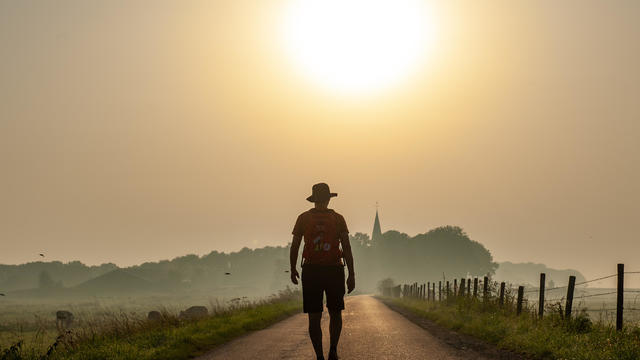
After record-breaking temperatures in November, the E.U.'s Copernicus Climate Change Service determined 2023 will officially be the hottest year humanity has experienced.
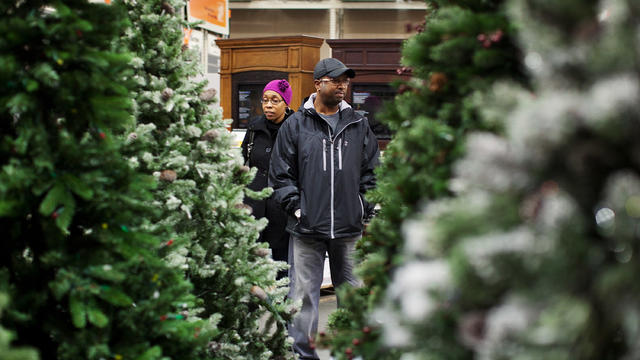
Is a real Christmas tree or a fake tree better for the planet? An expert weighs in on your greenest option.
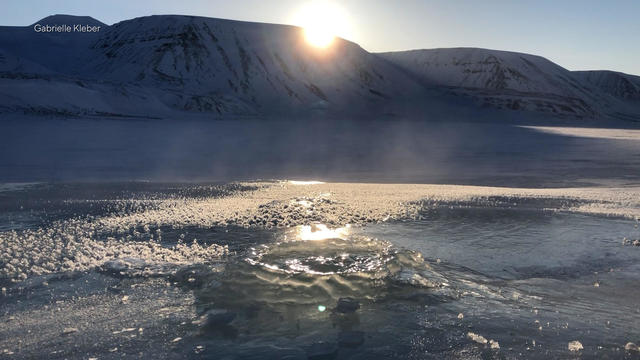
Spiking temperatures in the Arctic are rapidly melting glaciers. Scientists are now worried about underground methane, a potent greenhouse gas, leaking up to the surface.
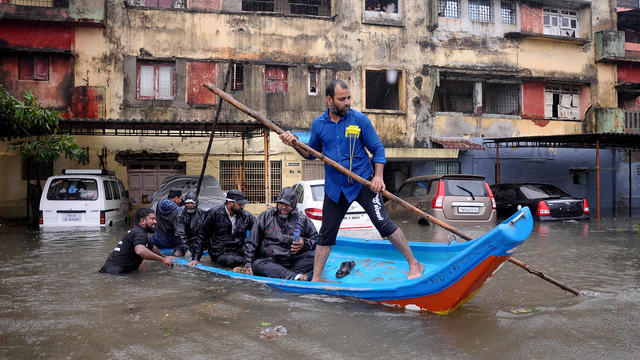
Videos from Chennai, South India, show cars being carried off and airport workers checking planes in almost knee-deep water as Cyclone Michaung bears down.

Dr. Sultan al-Jaber, president of the COP28 climate conference and CEO of a major oil company, says he's "quite surprised" by what he calls "attempts to undermine" his work.

Methane is an invisible gas that is rapidly heating up the atmosphere.
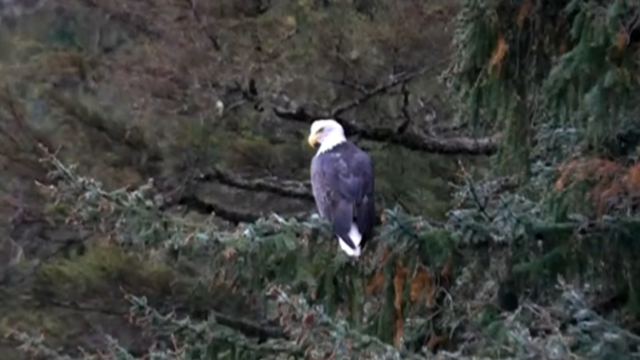
Up to 4,000 bald eagles migrate to the Alaska Chilkat Bald Eagle Preserve annually, but environmentalists worry a potential copper mine will destroy their food source.

The global U.N. climate summit known as COP28 is now underway in Dubai. Here's what to know — and why it matters.
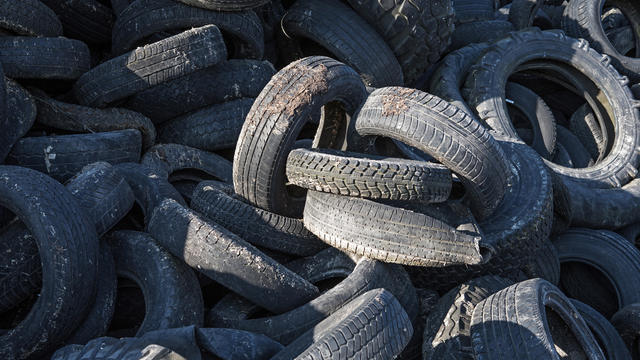
As demand for electric vehicles continues to grow, one startup company in Chile is looking to recycle old tires to help make them more sustainable.

The host of the upcoming COP28 climate summit, the United Arab Emirates, planned to use its role as an opportunity to try to make oil and gas deals with other countries, BBC News reported.
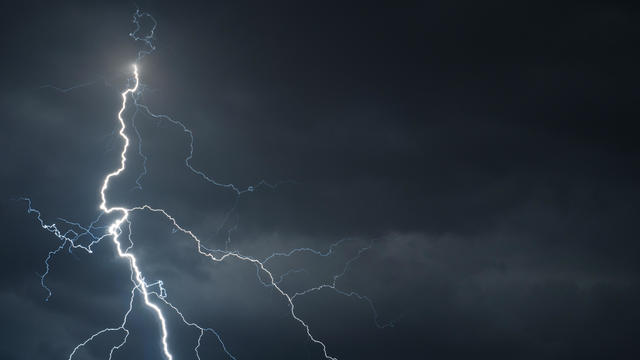
Unseasonably heavy rain storms slammed India's western state of Gujarat, packing lightning blamed for the deaths of 24 people and 3 buffalo.

A new report found that a "polluter elite" is responsible for producing as much carbon emissions as 5 billion people.
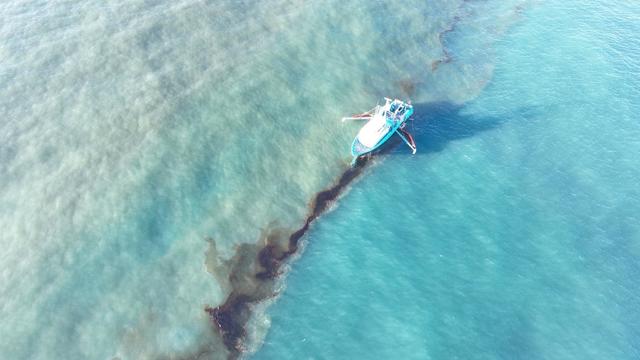
Officials have yet to find the source of the oil spill, which has left chunky globules and long slicks near a 67-mile-long pipeline system off the coast of Louisiana.
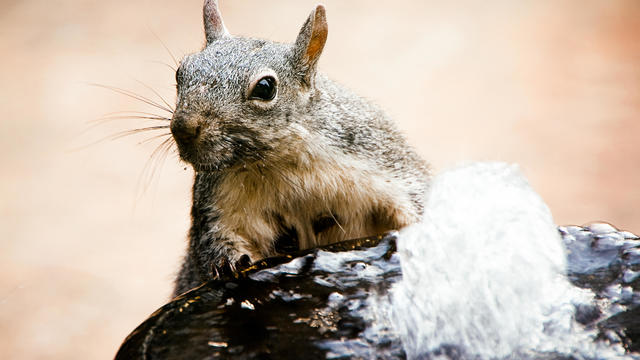
There are just three western gray squirrel populations left in Washington state as more frequent and intense wildfires continue to decimate their habitats, officials said.

Every region in the U.S. is experiencing increasingly harmful effects of climate change, a new report says — but it also outlines a path forward.
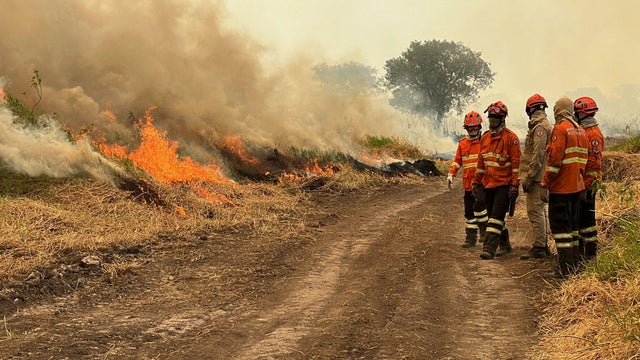
"The Pantanal is a region that's used to fires," explains one biologist, "but this many fires isn't normal."
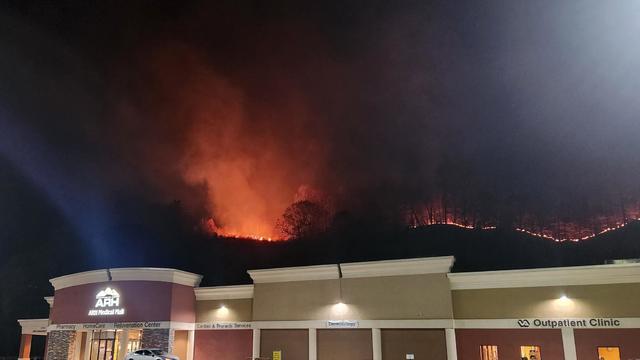
Firefighters are battling more than 30 active fires across Kentucky as officials warn the ongoing drought "has made controlling wildfires more difficult."

Average temperatures across Earth in 2023 have been dangerously close to the 1.5 degree Celsius warming threshold scientists have long warned would bring significant challenges to people worldwide.
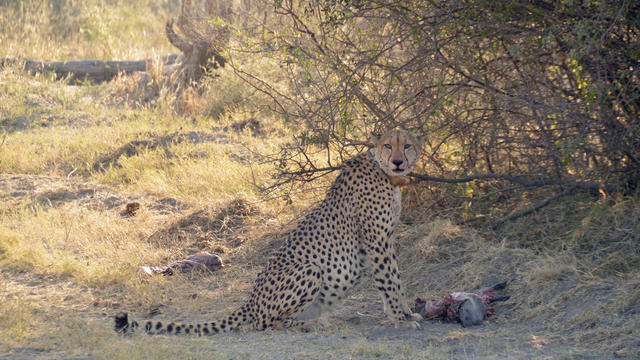
On the hottest days, cheetahs became more nocturnal — increasing their overlapping hunting hours with rival big cats by 16%, the study found.

The Greenland ice sheet is the second-largest contributor to sea level rise, and as temperatures rise, glaciers in the northern parts of the region are becoming "extremely vulnerable."
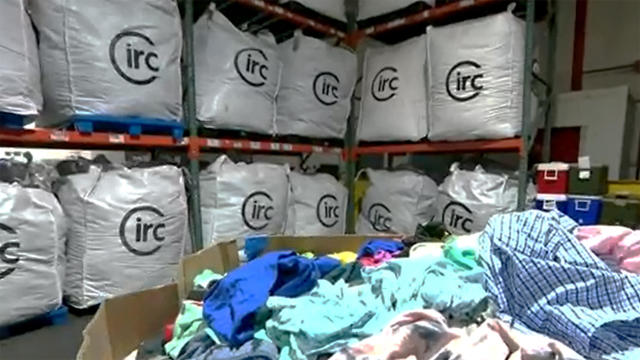
Circ has found a solution to the clothing industry's substantial environmental waste and pollution, by separating and recycling cotton-polyester blend clothing.

Hurricane Otis plowed into Mexico's Pacific coast as a deadly Category 5. Just 12 hours earlier, it was a tropical storm.

"No one's laid eyes on it," the lead author of the study said. "What is exciting is that it's been hiding there in plain sight."
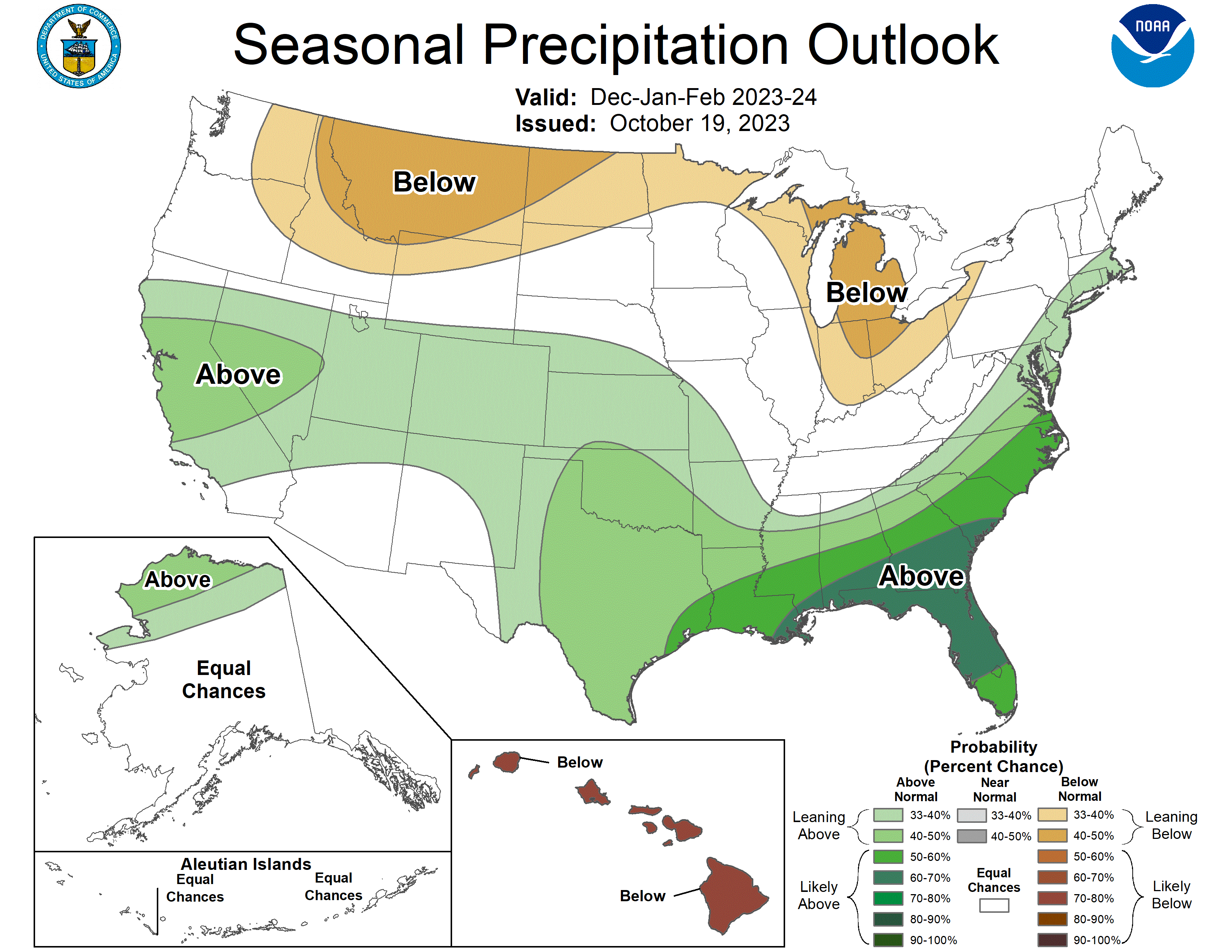
The oncoming El Niño winter is forecast to bring warmer and drier weather to the northern U.S. and more precipitation than usual to southern states.
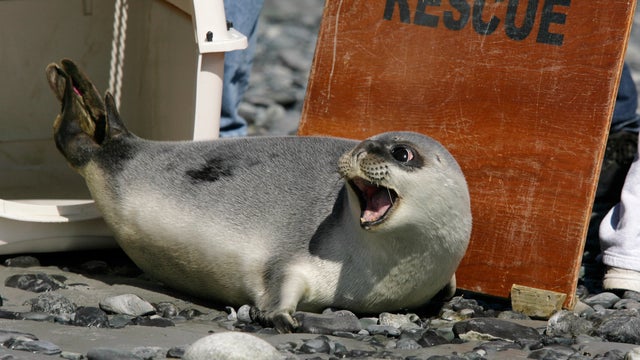
One bright spot is green sea turtles, which have recovered substantially, the IUCN said as it released its latest Red List of Threatened Species.
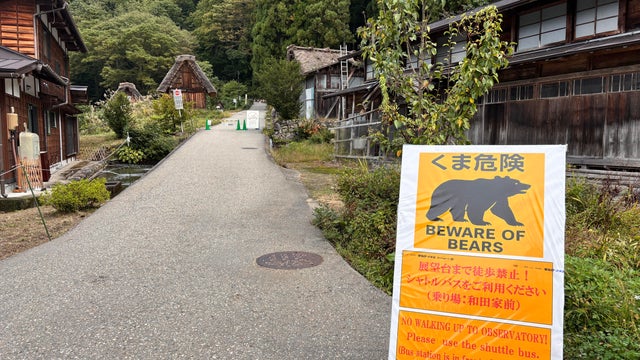
As Japan faces rising human-bear encounters, an animal trapped in a grocery store injured two men, while a separate reported mauling proved fatal.

The images taken by two Mars orbiters show a bright, fuzzy white dot of the comet, also known as 3I/ATLAS, appearing to move against a backdrop of distant stars.

One of 2025's three Nobel Prize in Physics winners says the trio's work is "one of the underlying reasons that cellphones work.''
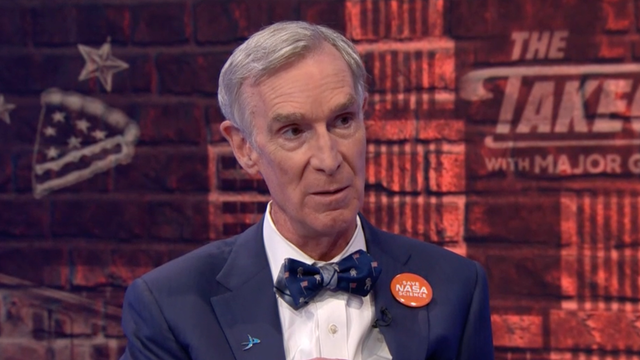
Bill Nye the Science Guy on Monday protested against a federal budget proposal that would see NASA's funding reduced from $24 billion to $18.8 billion.

Nobel Prize committee chair says discoveries by the trio of researchers were "decisive for our understanding of how the immune system functions."

The first supermoon of 2025 will arrive soon. Here's what to know about the phenomenon.

ESO's Very Large Telescope has observed a rogue planet and revealed that it is eating up gas and dust from its surroundings at a rate of 6 billion tons a second.
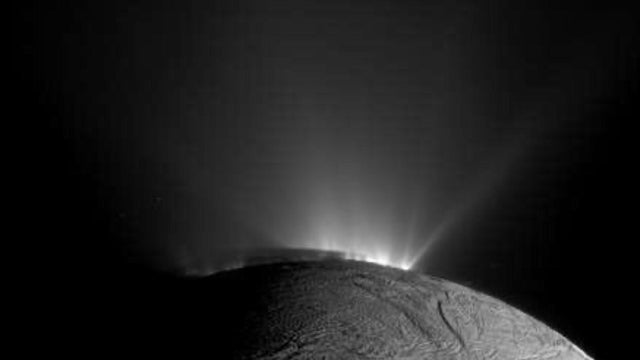
Enceladus has long been considered a prime candidate in the search for life beyond Earth because of its hidden ocean and plumes of water erupting from cracks near its south pole.
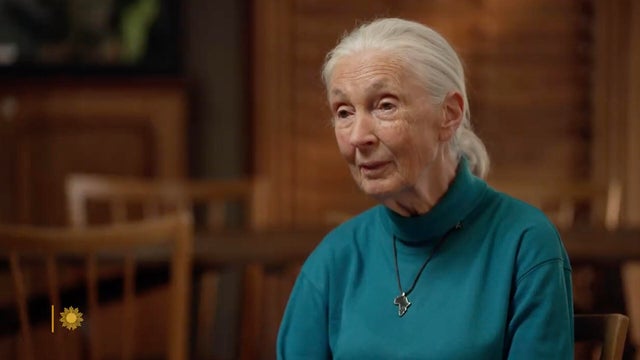
Famed naturalist Jane Goodall, who dedicated her life to studying chimpanzees and protecting the environment, died on Wednesday, Oct. 1, 2025 at age 91. In this Oct. 24, 2021 "Sunday Morning" profile, she talked with Seth Doane about her fascination with animals, her groundbreaking work with primates, and her advocacy for a more sustainable future.
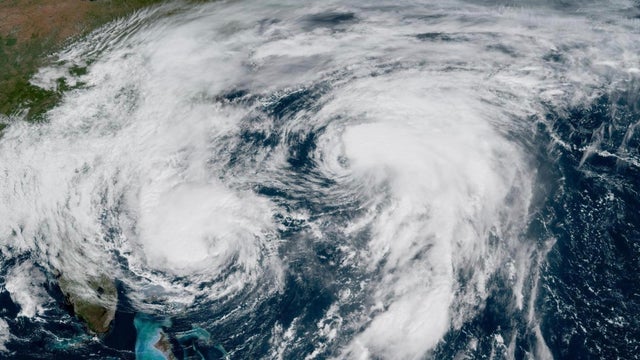
The outer bands of Humberto lashed Bermuda ahead of a more direct pass from the newer and stronger Hurricane Imelda.
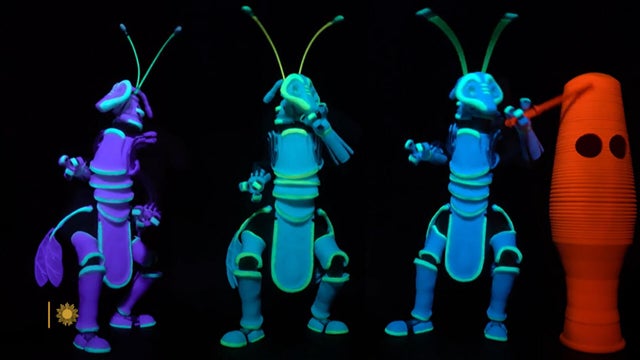
The chirping of crickets in your backyard can be a soothing seasonal sound, but did you know it's also an accurate way to tell the temperature – if you know the mathematical formula? Robert Krulwich and puppeteer Barnaby Dixon explain.

The findings have the potential to resolve the longstanding "Muddle in the Middle" of human evolution, researchers said.
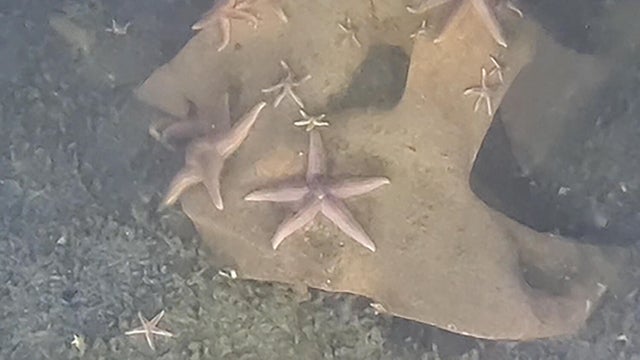
The study's author said "there is some irony" in the discovery that these "things that are meant to kill everything are now attracting so much life."

Scientist and professor Justin Gregg joins "CBS Mornings" to discuss his new book, "Human-ish: What Talking to Your Cat or Naming Your Car Reveals About the Uniquely Human Need to Humanize." He explains why we talk to pets, name objects, and even connect with inflatable tube men — and what that reveals about human nature.